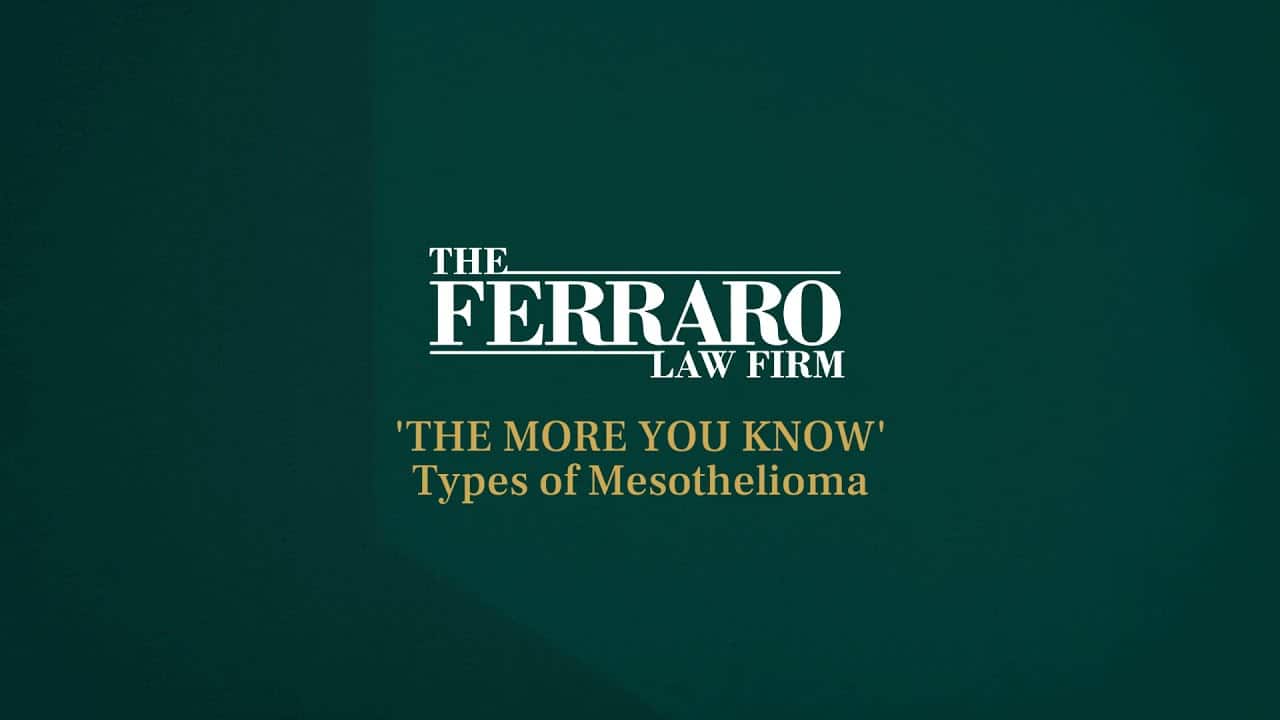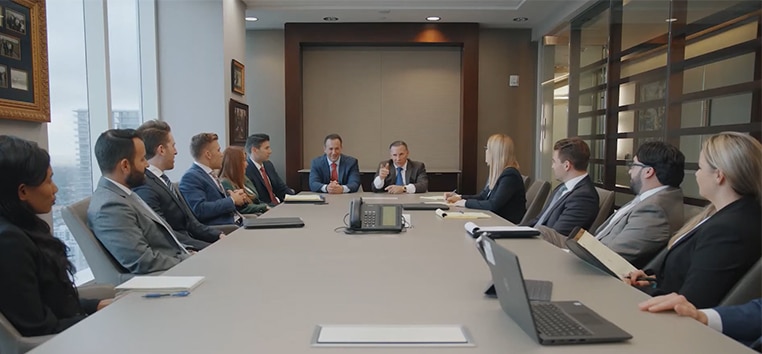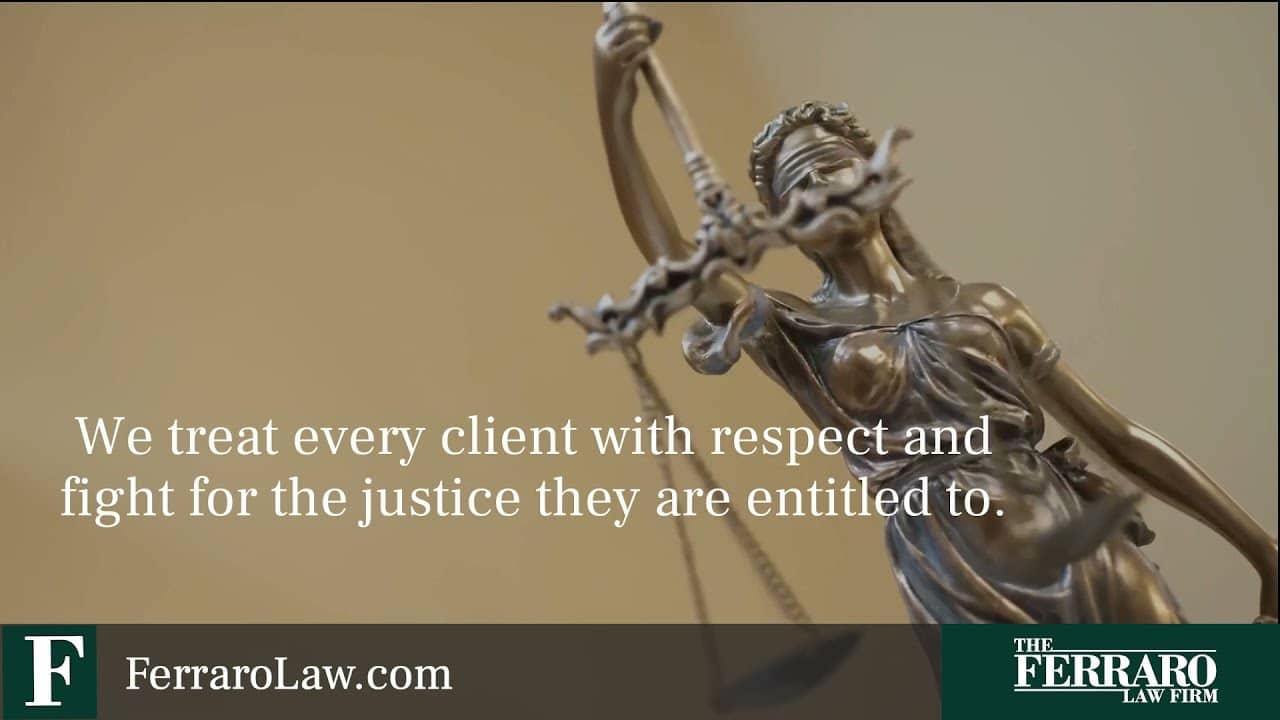If you were seriously injured, remember that it is crucial to choose the right law firm to represent your interests. We have been doing this for more than three decades, and have the resources you need to challenge any opponent.
Evidence Spoliation in Asbestos Lawsuits

In any civil injury or wrongful death proceeding, it’s the strength of the evidence that wins the case.
This can be especially challenging in mesothelioma litigation, where documents, testimony, and physical evidence date to incidents that occurred decades earlier. In these cases, perhaps more than others rooted in more recent torts, plaintiffs wrestle with the issue of evidence spoliation.
Evidence spoliation is when certain key evidence is altered, destroyed, or simply lost. When evidence spoliation occurs by one side and frustrates the other, judicial sanctions may be ordered. In the end, proof of evidence spoliation can actually help the party who needed it because courts tend to deal harshly with it, particularly if there is proof to suggest the other party acted in bad faith.
Our experienced Florida mesothelioma lawyers know possible sanctions for spoliation of evidence may include imposition of an evidentiary presumption, default judgment on the issue of liability (if the defendant is responsible), exclusion of expert testimony, and possibly even dismissal of the claim (if the plaintiff is responsible).
But in order for the court to consider possible sanctions, it must first conclude spoliation has occurred. In a recent mesothelioma case before the U.S. District Court for the Southern District of Illinois, a plaintiff filed a complaint alleging the defendants willfully, wantonly, or negligently spoiled evidence.
The court ultimately rejected these claims. However, the court did say if the plaintiff were able to develop evidence showing the defendants could have anticipated the flood of asbestos lawsuits and therefore had a duty to preserve evidence and didn’t do it, the plaintiff can file a motion for leave to amend and reinstate.
The court ruled the plaintiff failed to sufficiently lay out the events that gave rise to the spoliation claim and further failed to respond to several subsequent defense motions to dismiss.
In Florida, courts can impose sanctions for spoliation of evidence after considering the following factors:
- Did the spoliation create a prejudice?
- Is there any cure for that prejudice?
- What was the practical importance of the evidence?
- Is there evidence to suggest spoliation occurred in good or bad faith?
- What would be the possible abuse if the evidence is not excluded?
While the intention of the party that spoiled the evidence is an important thing to weigh, Florida state courts have ruled the issue of bad faith may be considered irrelevant when the evidence was so important to the other side’s case that it couldn’t proceed without it.
For example, in the 1983 case of DePuy v. Eckes, long believed to be the first Florida case in which spoliation sanctions were issued, a defendant in a defective hip replacement trial unwittingly damaged the replacement hip while testing it. That piece of evidence was critical for the plaintiff to prove its case. The court didn’t find any indication that the defendant damaged the piece on purpose. However, since the plaintiff’s case was impossible absent the intact medical device, the court ruled sanctions were appropriate, and the issue of bad faith versus good faith didn’t matter.
Meanwhile, sanctions for spoliation in federal cases may require proof of bad faith. For example, in Stanton v. National R.R. Passenger Group in 1994, a trial court declined to impose sanctions requested by the plaintiff after the defendant railroad company lost its “speed tape.” The plaintiff asked for an adverse inference of speeding as a sanction, but the court indicated it would only do so if the plaintiff could prove the defendant exercised bad faith in losing the tape.
Table of Contents
Frequently Asked Questions: Mesothelioma & Asbestos
What is asbestos?
Why is asbestos dangerous?
What are asbestos-related diseases?
What causes mesothelioma?
What are the different types of mesothelioma?
What are common mesothelioma symptoms?
Do I qualify for compensation if I have mesothelioma?
What is the life expectancy for someone with mesothelioma?
Do I qualify for compensation if I have mesothelioma?
Contact The Ferraro Law Firm at (305) 375-0111 to explore your legal options with our knowledgeable legal team.
Help for mesothelioma victims can be found at The Ferraro Law Firm by calling (888) 554-2030. Offices in Miami and Washington, D.C.






